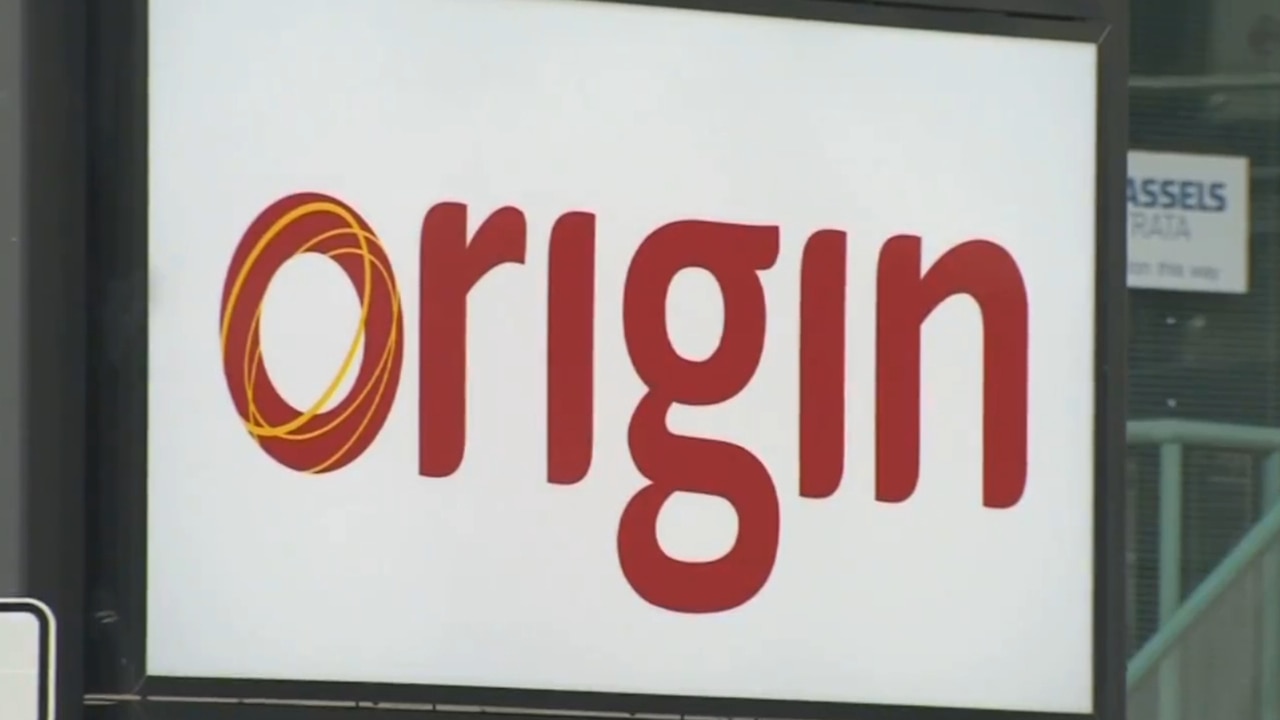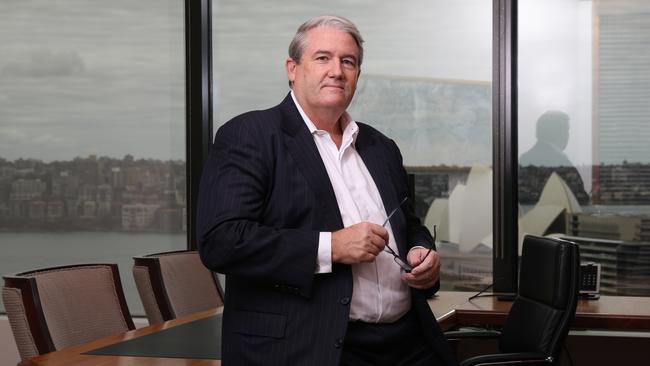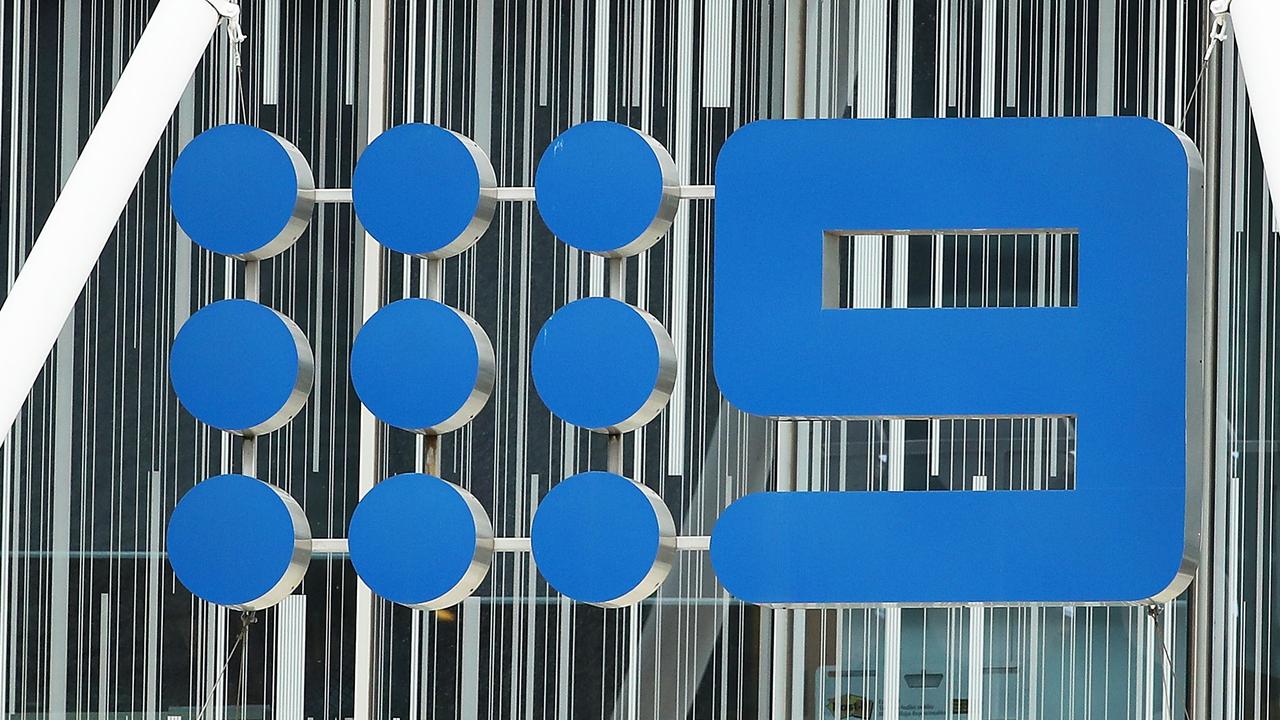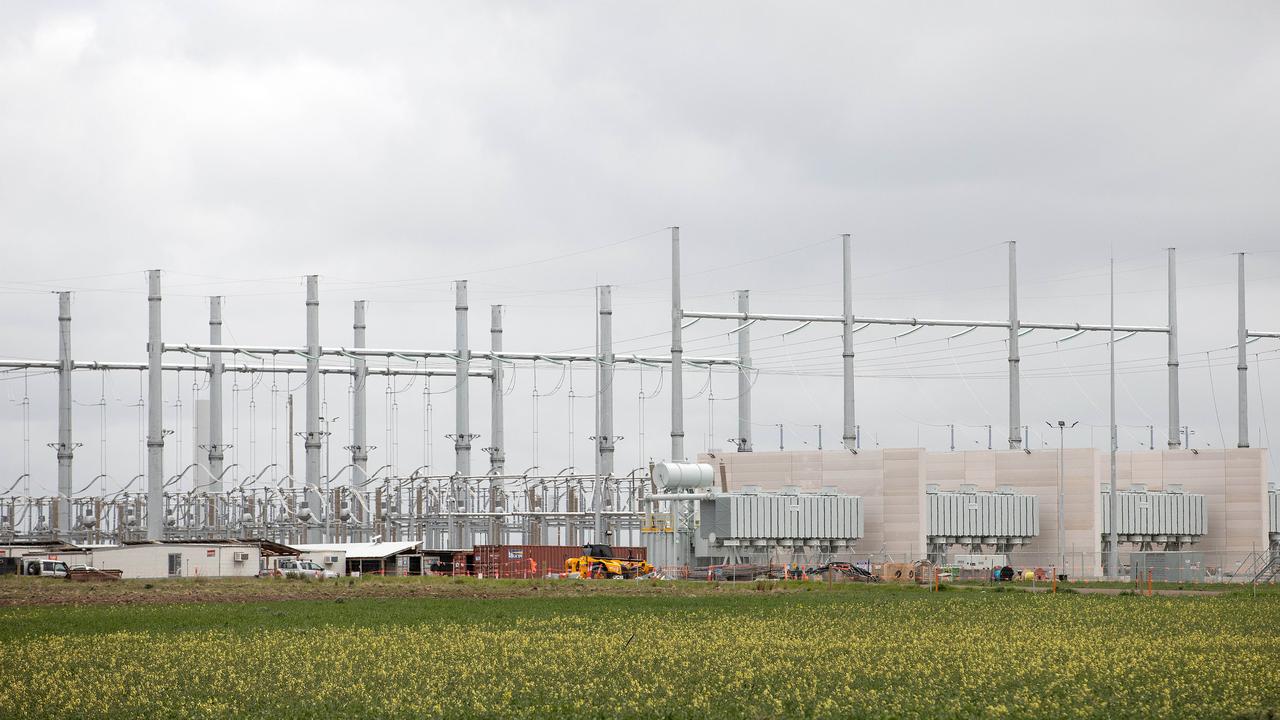$20bn deal for Origin Energy collapses as Brookfield and EIG fail to secure enough shareholder support
The collapse of the deal is a blow to Australia’s energy transition, with Brookfield vowing to spend between $20bn-$30bn on new renewable energy and storage projects.

Business
Don't miss out on the headlines from Business. Followed categories will be added to My News.
Brookfield and EIG Partners have failed in their near $20bn bid for Origin Energy after the consortium secured insufficient support from shareholders for a deal that Australian officials said would rapidly accelerate the country’s transition away from coal.
The consortium’s offer worth around $9.39 a share had required endorsement from at least 75 per cent of Origin’s shareholders, but the duo secured 68.9 per cent. Nearly 78 per cent of Origin shareholders cast their ballots, the company said.
To applause from the Origin shareholders that attended the in-person vote, the company’s chairman Scott Perkins said the deal had fallen short of the required support.
“Whilst this has been a contest over value, it has not been a contest over strategy,” said Mr Perkins. “So in a bizarre way, it has been quite validating that what we are doing is the right thing.”
The rejection had been widely expected, and the result demonstrated that Brookfield and EIG had made little progress in securing support in recent weeks
The vote on the bid had been rescheduled after Brookfield and EIG tabled a last-minute revision – and The Australian reported that it had won less than 70 per cent support before the ballot was reopened.
“I thought they would get a few more votes. They had two weeks and could not peel away any new votes,” said one major shareholder.
The failure of the bid was led in large part by AustralianSuper – Origin’s largest shareholder with a 17.5 per cent stake – which voted against the transaction – a stance that a spokesman said was motivated by its view that Brookfield and EIG’s offer was too low.
“We have never wavered in our belief that the value and future value of Origin is better in the hands of members and other shareholders rather than a private equity consortium seeking to make a quick return based on the proposed scheme terms and we are pleased that this is the outcome,” the AustralianSuper spokesman said.
The Australian understands AustralianSuper had internally valued Origin at more than $12 a share, though Origin said the superannuation giant did not share the analysis with it.
The failure is a blow to Brookfield and EIG, which has spent more than a year pursuing a deal for Origin. The deal was supposed to be a signature energy transition investment for Brookfield – it had wooed Australian regulators and politicians with promises to invest between $20bn-$30bn on 14GW renewable energy projects.
A Brookfield spokeswoman thanked Origin shareholders for their support, but said the private equity company will consider its next steps.
“In light of the result of the vote, Brookfield will evaluate its next steps, if any, with respect to Origin, given the strong level of Origin shareholder support for its proposal and taking into account the potential impact to Origin of the Australian Government’s recently announced proposed expansion to its capacity investment scheme and national energy transformation partnership,” the spokeswoman said.

EIG did not immediately respond, and it is very unlikely Brookfield would return for Origin in its entirety. Brookfield could also switch its focus elsewhere.
The rejection will intensify pressure on Australia’s largest electricity and gas retailer to detail how it intends to finance its commitment to establish 5GW of new zero emission projects.
Frank Calabria, Origin’s chief executive, said the company’s renewable ambitions remain unchanged – which he said illustrated the capacity that the company could fund.
In a boost, however, AustralianSuper said it would be willing to provide funding, a commitment that will head-off criticism that the superannuation giant had inhibited Australia’s energy transition.
“AustralianSuper is a long-term investor in the Australian economy and is open to providing capital to assist Origin as it prepares to transition over the coming decades, while delivering on our purpose to help members achieve their best financial position in retirement,” said a spokesman for AustralianSuper.
Origin has so far committed to a $600m 460MW battery at its soon-to-be retired Eraring coal power station, and work on other projects remains underway, though plans on these will be less advanced.
The failure of the bid to win requisite support is the latest chapter in a saga that has dragged out for more than a year, but Brookfield could yet return.
In November, when Brookfield and EIG raised their bid, they also negotiated an option to return with an off-market takeover offer for Origin.
That offer for 100 per cent of Origin would be made within six months after any failed vote, and if any of the bidders bought more than 5 per cent of Origin’s shares. It would be subject to a lower minimum acceptance condition of just 50.1 per cent, reducing the capacity of AustralianSuper to scupper the deal.
But the Canadian private equity giant has warned shareholders it may not revive its interest – and even if it does, any new offer will first factor in the impact of recent government intervention designed to flood the country’s electricity market with renewable energy – a thinly veiled warning that any new offer will likely be lower than $9.39 a share.
The government has proposed to implement a model for renewables, which guarantees taxpayers compensate a developer when the wholesale electricity price falls to low levels, in exchange for projects paying the government in the event prices breach a maximum threshold.
The scheme has been widely interpreted as having a detrimental impact on the likes of Origin, and shares in AGL Energy have fallen nearly 10 per cent since the government announced its expanded capacity investment scheme as investors sour on the capacity of renewable energy developers to capitalise on Australia’s volatile wholesale electricity market.
Mr Calabria told Origin shareholders that the government policy, known as the capacity investment scheme, had the capacity to drastically increase renewable energy into the market – but he said the company will need greater clarity.
“We could be competing against quite a few developers in that space, but we would like to see a bit more detail to truly understand the mechanism.”
More Coverage
Originally published as $20bn deal for Origin Energy collapses as Brookfield and EIG fail to secure enough shareholder support





